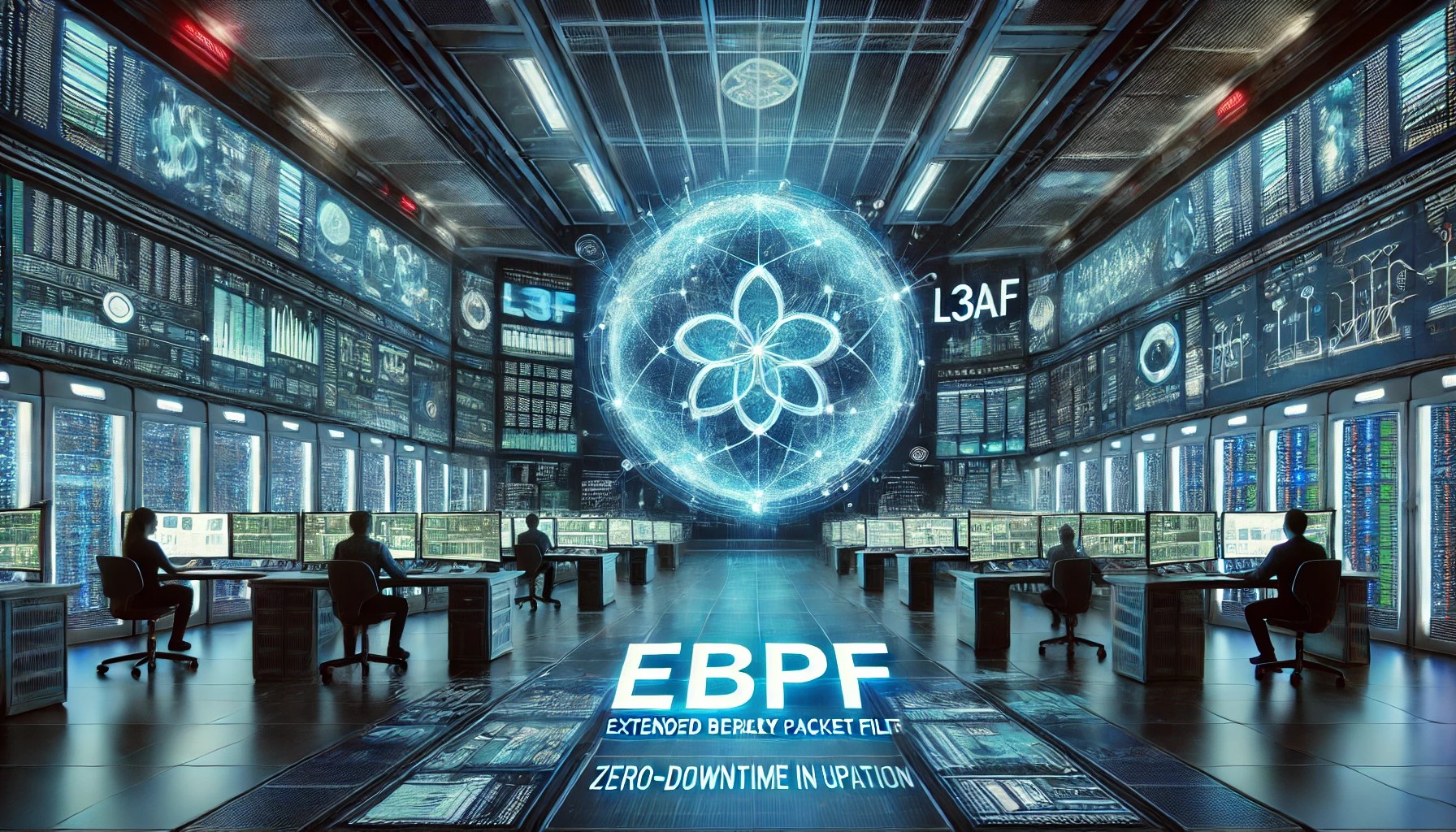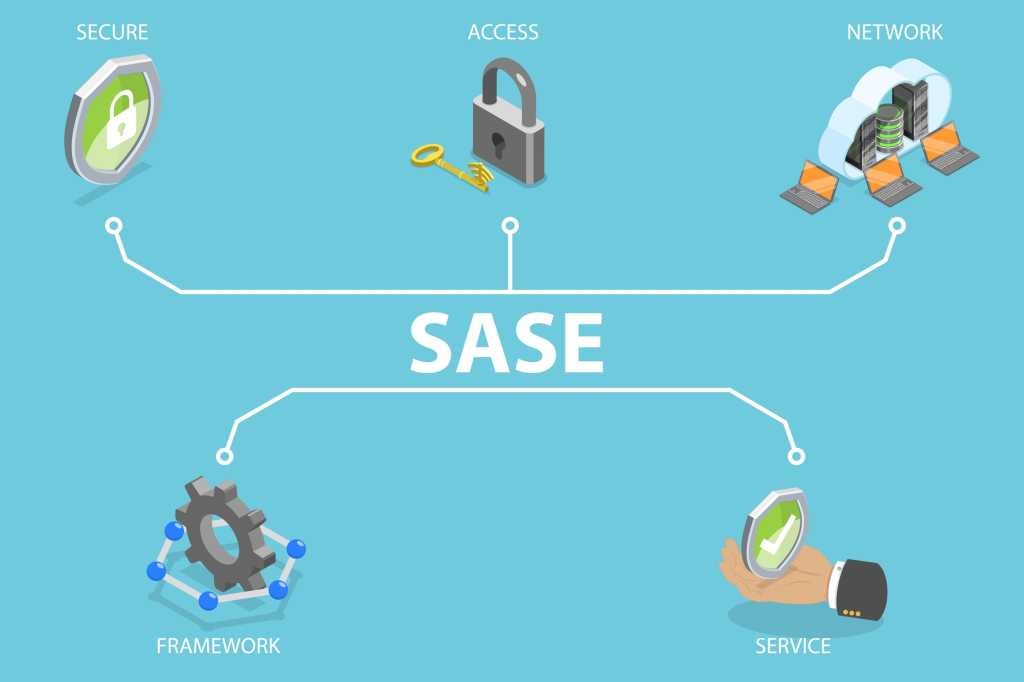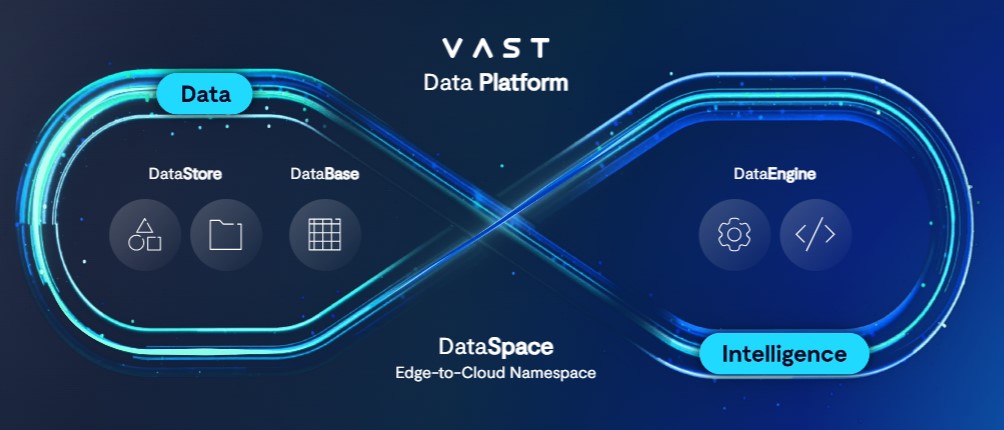IBM Prevails in UK Lawsuit Against LzLabs Over Mainframe IP Theft
IBM successfully defended its mainframe technology in court this week, winning a judgment against LzLabs for violating its intellectual property rights.

Figure 1. IBM Wins UK Lawsuit Against LzLabs Over Mainframe IP Theft.
"IBM is delighted that the Court has upheld our claims against Winsopia, LzLabs GmbH, and John Moores," the company stated following the verdict. Figure 1 shows IBM Wins UK Lawsuit Against LzLabs Over Mainframe IP Theft.
Entrepreneur John Moores, the owner of Switzerland-based LzLabs and founder of BMC Software in 1980, was found to have conspired with others to breach Winsopia’s license agreement.
“The Court found that these parties engaged in a deliberate, systematic, and intentionally hidden effort to unlawfully reverse engineer critical IBM mainframe technology—technology representing billions of dollars of IBM investment,” IBM added.
IBM filed the case in England, where the London Technology & Construction Court (TCC) ruled in its favor, finding that LzLabs’ UK subsidiary, Winsopia, had illegally reverse-engineered IBM’s mainframe software to develop its Software Defined Mainframe (SDM).
The TCC, a specialized branch of the High Court of Justice, noted in its March 10 ruling that the SDM was designed to allow IBM mainframe customers to run their applications on x86 hardware using Linux or other open-source platforms—bypassing IBM’s proprietary hardware and software.
IBM originally licensed its mainframe software to Winsopia in 2013. However, IBM alleged that Winsopia, LzLabs, and John Moores breached the IBM Customer Agreement (ICA) by unlawfully reverse engineering IBM’s technology to build the SDM. The court agreed, stating that Winsopia violated the ICA and that LzLabs and Moores knowingly facilitated these breaches.
IBM also claimed that LzLabs misappropriated its trade secrets and made misleading statements about its product’s capabilities.
Following the 2024 trial, the March 10 ruling confirmed IBM’s victory. A future hearing will determine the damages or additional legal actions.
This statement from IBM suggests that LzLabs is connected to Neon Enterprise Software, a company that previously faced legal action from IBM. The litigation against Neon resulted in a permanent injunction preventing the company and certain employees from engaging in activities such as reverse engineering and distributing certain IBM-related software. IBM appears to be implying that LzLabs, which is involved in mainframe software emulation, may be attempting a similar approach to Neon—potentially raising concerns about intellectual property or contract violations.
IBM's legal victories in the mainframe industry highlight its aggressive stance in protecting its business and contractual agreements. The Supreme Court's decision not to hear BMC Software's appeal means that the Fifth Circuit's ruling stands, which found that IBM had fairly won AT&T’s business.
This case underscores the competitive and often litigious nature of the mainframe market, where IBM maintains a dominant position. BMC initially won a $1.6 billion ruling by arguing that IBM had breached their agreement, but the appeals court overturned this, stating that BMC simply lost in a fair competition.
Taken alongside the LzLabs case, it appears IBM is actively defending its mainframe ecosystem from competitors—whether through contractual disputes, intellectual property claims, or other legal mechanisms. Are you interested in how these rulings could impact the future of mainframe software competition?
Source: NETWORK WORLD
Cite this article:
Priyadharshini S (2025),IBM Prevails in UK Lawsuit Against LzLabs Over Mainframe IP Theft,AnaTechMaz, pp.116















